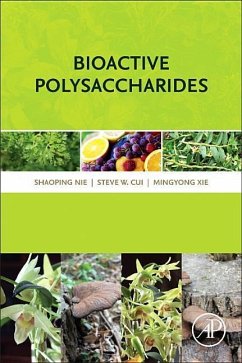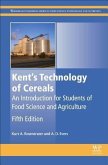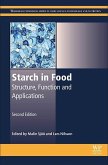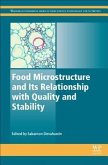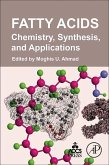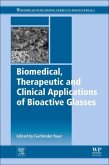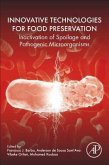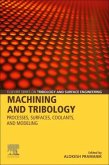Bioactive Polysaccharides offers a comprehensive review of the structures and bioactivities of bioactive polysaccharides isolated from traditional herbs, fungi, and seaweeds. It describes and discusses specific topics based on the authors' rich experience, including extraction technologies, practical techniques required for purification and fractionation, strategies and skills for elucidating the fine structures, in-vitro and in-vivo protocols, and methodologies for evaluating the specific bioactivities, including immune-modulating activities, anti-cancer activities, anti-oxidant activities, and others.
This unique book also discusses partial structure-functionality (bioactivities) relationships based on conformational studies. This comprehensive work can be used as a handbook to explore potential applications in foods, pharmaceuticals, and nutraceutical areas for commercial interests.
This unique book also discusses partial structure-functionality (bioactivities) relationships based on conformational studies. This comprehensive work can be used as a handbook to explore potential applications in foods, pharmaceuticals, and nutraceutical areas for commercial interests.

